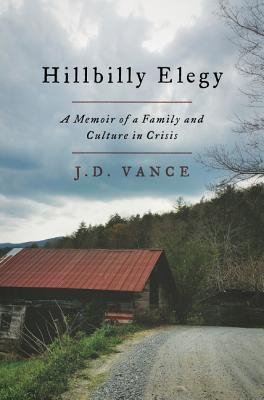Like most small children, I learned my home address so that if I got lost, I could tell a grown-up where to take me. In kindergarten, when the teacher asked me where I lived, I could recite the address without skipping a beat, even though my mother changed addresses frequently, for reasons I never understood as a child. Still, I always distinguished "my address" from "my home." My address was where I spent most of my time with my mother and sister, wherever that might be. But my home never changed: my great-grandmother's house, in the holler, in Jackson, Kentucky.
Jackson is a small town of about six thousand in the heart of southeastern Kentucky's coal country. Calling it a town is a bit charitable: There's a courthouse, a few restaurants - almost all of them fast-food chains - and a few other shops and stores. Most of the people live in the mountains surrounding Kentucky Highway 15, in trailer parks, in government-subsidized housing, in small farmhouses, and in mountain homesteads like the one that served as the backdrop for the fondest memories of my childhood.
Jacksonians say hello to everyone, willingly skip their favorite pastimes to dig a stranger's car out of the now, and - without exception - stop their cars, get out, and stand at attention every time a funeral motorcade drives past. It was that latter practice that made me aware of something special about Jackson and its people. Why, I'd ask my grandma - whom we all called Mamaw - did everyone stop for the passing hearse? "Because, honey, we're hill people. And we respect our dead."
My grandparents left Jackson in the late 1940s and raised their family in Middletown, Ohio, where I later grew up. But until I was twelve, I spent my summers and much of the rest of my time back in Jackson. I'd visit along with Mamaw, who wanted to see friends and family, ever conscious that time was shortening the list of her favorite people. And as time, wore on, we made our trips for one reason above all: to take care of Mamaw's mother, whom we called Mamaw Blanton (to distinguish her, though somewhat confusingly, from Mamaw). We stayed with Mamaw Blanton in the house where she'd lived before her husband left to fight the Japanese in the Pacific.
Mamaw Blanton's house was my favorite place in the world, though it was neither large nor luxurious. The house had three bedrooms. In the front were a small porch, a porch swing, and a large yard that stretched into a mountain on one side and to the head of the holler on the other. Though Mamaw Blanton owned some property, most of it was uninhabitable foliage.
